If you ask B.C.’s Daniel Pauly–who is possibly the most influential fisheries scientist in the world–why parts of the sea should be off-limits to all human activities, he might answer with one funny-sounding word: “BOFFFF.”
A “BOFFFF” is a Big, Old, Fat, Fecund, Female Fish, and scientists say protecting even a few BOFFFFs is the key to survival for entire populations of fish, even in the worst of climate change, overfishing, or disease outbreaks.
But these crucially important big fish, which produce by far the most and best eggs compared to younger fish, also happen to be the most commercially valuable, so every fishery technology is designed to take them out first.
![The Vermillion Rockfish is "one of BC's 34 rockfish species who [is] slow to mature, very localized and therefore so vulnerable to overfishing.- Jackie Hildering aka. The Marine Detective.](https://westcoastnow.ca/wp-content/uploads/2023/01/31753578_2029028764025268_1669574798658764800_n-1024x576.jpg)
That’s one reason why Pauly, a science superstar based at the University of British Columbia, calls for more, and better, marine protected areas–ecologically important areas where industrial activity is limited.
Effective marine protected areas, also known as MPAs for short, allow BOFFFFs to thrive, and also boost commercial fisheries because their offspring swim outside the protected zone and supply fishing areas, Pauly said.
With other researchers and conservationists from around the world, Pauly will make the case for better MPAs next month at the International Marine Protected Areas Congress in Vancouver, where he will speak at the opening and also as a keynote speaker.
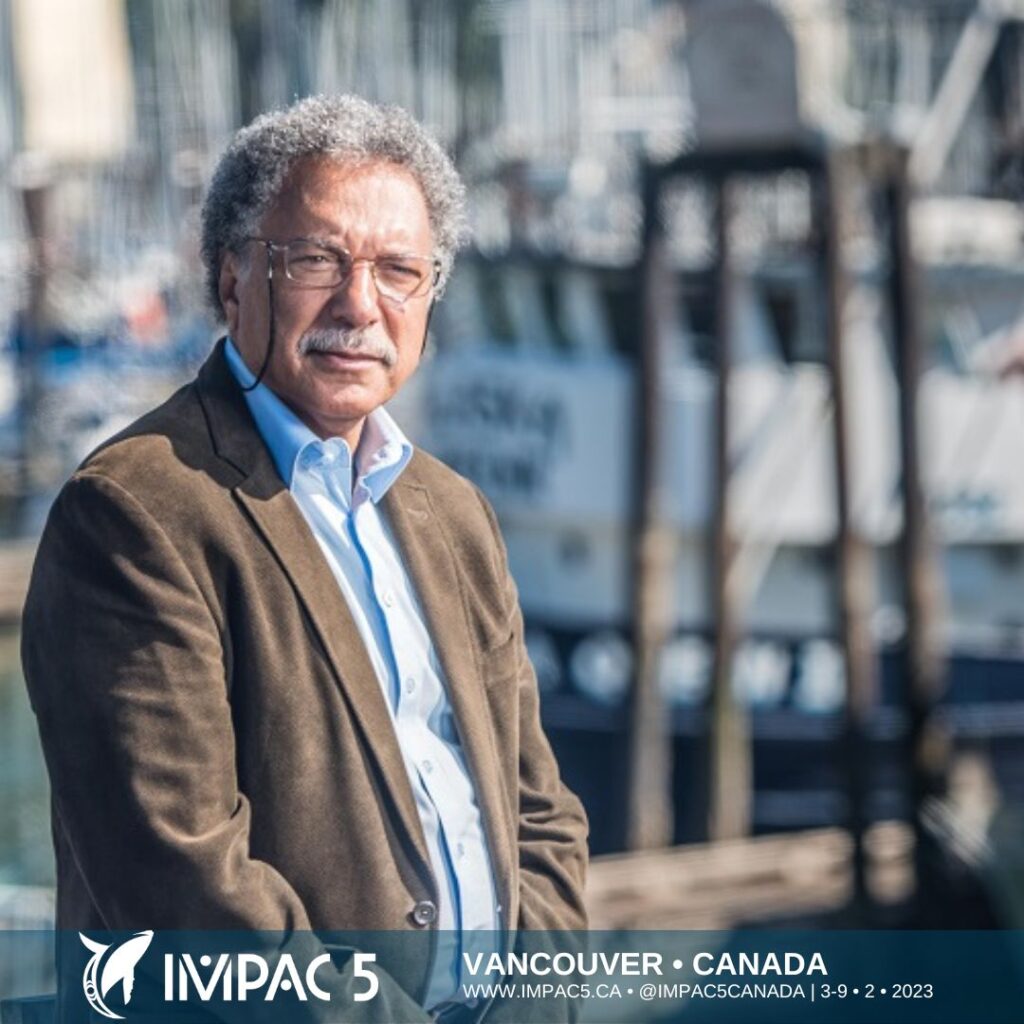
Pauly is the creator and lead researcher of The Sea Around Us, a massive global database of world fisheries. He has won almost all of the world’s biggest prizes in biology and the environment, and was named France’s Chevalier de la Legion D’Honneur in 2017. He is a co-author of over 1000 scientific and other articles, books, and book chapters on fish, fisheries, and related topics.
At age 76, Pauly could rest on his laurels and leave saving the world to others.
But like the BOFFFFs he aims to protect, Pauly aims to save as much of the world as he can–not for just his own family, but “for everybody’s kids.”
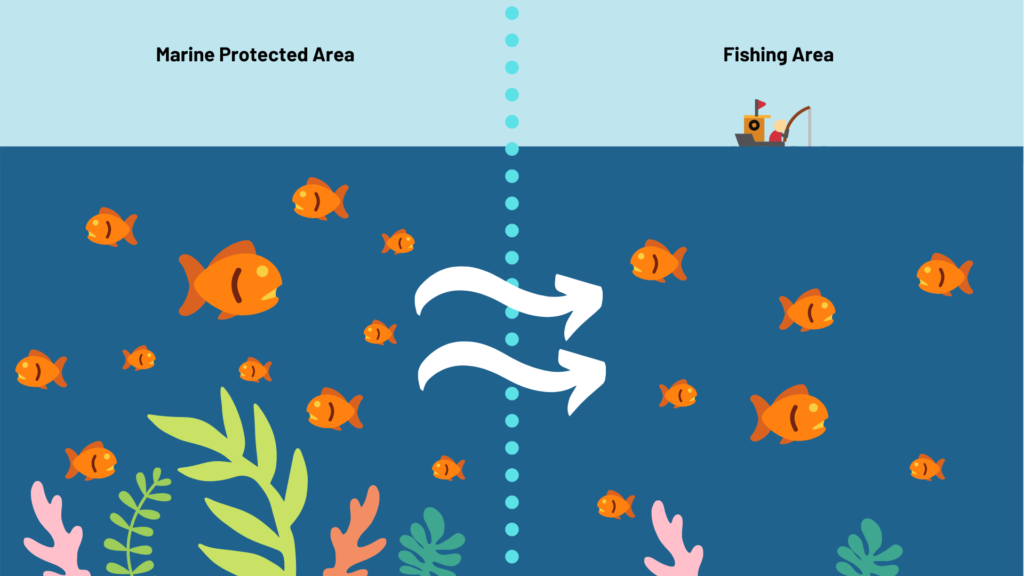
“The stuff that is happening to our world, this massive destruction of biodiversity, is something that no one should not accept. So as long as you can, you should try to work against it. We cannot be inactive,” he said.
Marine-protected areas were on his mind in an interview from his office at UBC. “Each MPA can be seen as a nursery, or a factory almost,” he said. Animals inside the protected area will reproduce enough that many of their offspring will migrate outside the zone.
“If you have an MPA that is well protected, then boats will line up at the border to catch the fish that get out of MPAs. It’s called fishing the line,” he said, adding that it’s a good management practice because it both provides fish that we can harvest and eat and also protects future populations.
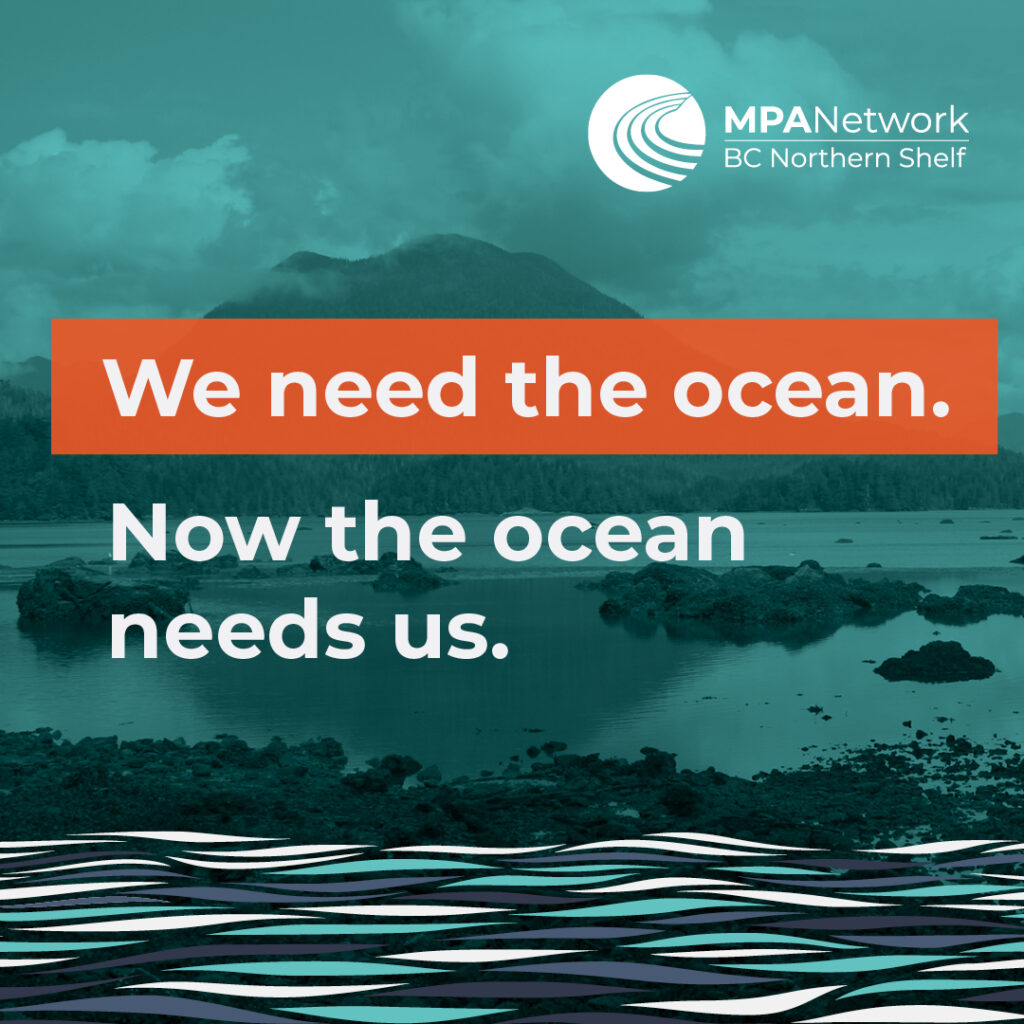
But, said Pauly, marine protected areas only work if they’re protected in fact, not just on paper.
This will be a major focus of his presentations at the IMPAC5 conference.
“Essentially, we need MPAs, they do a great job when they are protected as they should be. But many are not, and are created only under pressure from the international community,” he said.
The congress is the fifth since 2005 and will be co-hosted by the International Union for the Conservation of Nature, governments, and the xʷməθkʷəy̓əm (Musqueam), Sḵwx̱wú7mesh (Squamish), and səlilwətaɬ (Tsleil-Waututh) First Nations.




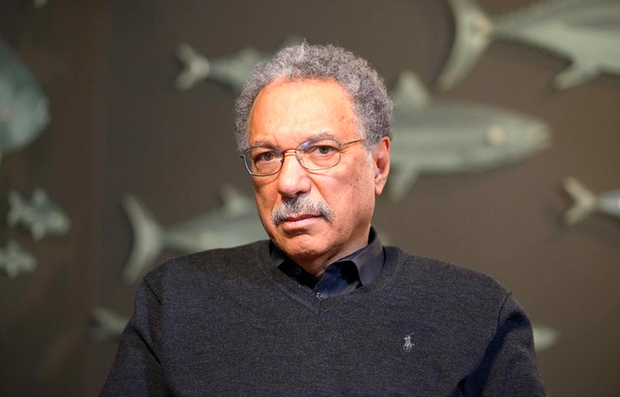

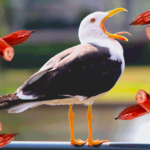
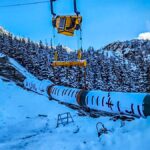
One Comment